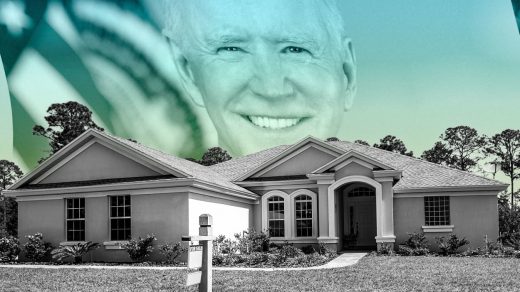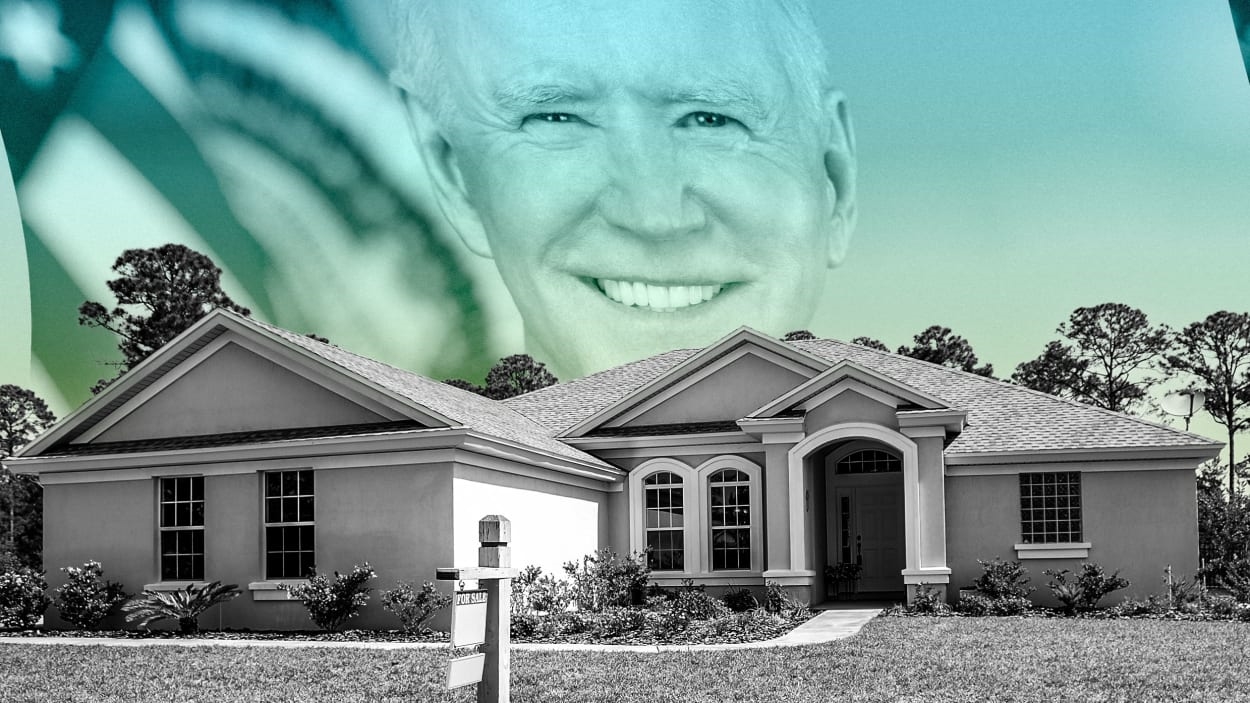No, Biden isn’t forcing homebuyers with good credit to pay more than borrowers with bad credit
Commentators on some news outlets that shall remain nameless (hint: one just paid $787.5 million to settle a defamation lawsuit) have been warning lately about a new Biden administration rule that supposedly penalizes homebuyers with excellent credit scores while also “incentivizing” bad credit.
Starting May 1, closing costs could indeed change for loans backed by Fannie Mae and Freddie Mac (which is to say most U.S. home loans). The fury is over the way the government tweaked its mortgage-fees structure, and, indeed, prospective buyers should note that some people with higher credit scores could ultimately pay more, while some with lower credit scores could pay less. But other borrowers with high credit scores could also end up paying less—and will never pay more than the borrowers with lower scores.
What are these changes, in a nutshell?
They’re part of a wider government inquiry into how to hand Americans more “equitable and sustainable access to homeownership,” and also to better prop up Freddie Mac and Fannie Mae, which have remained under federal conservatorship since the 2008 mortgage crisis.
Their scope is sweeping, even if the dollar figure isn’t always. Fees have been tweaked up or down, almost equally, 50-plus times in the new government matrix. For some context, to digest all of these changes, the mortgage industry trade press has resorted to studying color-coded tables that map out who pays more, who pays less, and how much, based on borrower credit scores and down payments.
The updates are aimed at reducing the fees (“penalties” may be more apt) for buying a home with bad credit. People with better credit scores have never paid fees this severe—and this is separate from the lower interest rates they get—and in fact sometimes they’re charged a $0 fee. The government claims this move is an attempt to narrow the gap between prospective homebuyers with good and bad credit.
But does this negatively impact people with better credit?
There are a handful of cases where borrowers whose credit scores are above 700 could pay fees of 0.125% to 0.75% more, depending on their down payment size. However, again, it’s still less than the fees paid by borrowers with worse credit. Say somebody with a 639 score got a loan with 20% down. Their upfront fees would equal 2.875% of their loan balance under the adjusted fees. Previously, they would have paid a whopping 3.25% fee, meaning the reduction equates to thousands of dollars worth of savings. Meanwhile, someone with a credit score of 780 would pay 0.375% for that same loan, up from the previous 0.25%.
But this is still making people angry?
Yes, sometimes very. Recent headlines run a gamut from “High credit score borrowers penalized under new federal mortgage fee plan” to “How the U.S. is subsidizing high-risk homebuyers” and “Is Biden’s credit score screw job even legal?“
Twitter, in particular, has been a place where people are venting their frustrations. One reason for the anger could be that not every media outlet is doing a bang-up job capturing the issue with nuance:
The changes help Fannie Mae and Freddie Mac do their jobs
Fannie Mae was established by the New Deal, explicitly formed to make homeownership more obtainable for Great Depression-era Americans. Both Fannie and its sibling enterprise, Freddie Mac, created in 1970 by Congress, promote a “mission of facilitating equitable and sustainable access to homeownership,” to quote the Federal Housing Finance Agency.
Their mandate is to promote affordable housing. With Americans mired in an affordability crisis, a recession looming, inflation still at 5%, and rent prices nationwide crushing records, the government looked into credit scores, prospective homebuyers’ loan-to-value ratios, and other factors. It decided to adjust the fee structure to, in the government’s words, “maintain support for single-family purchase borrowers limited by wealth or income, while also ensuring a level playing field.”
(24)



